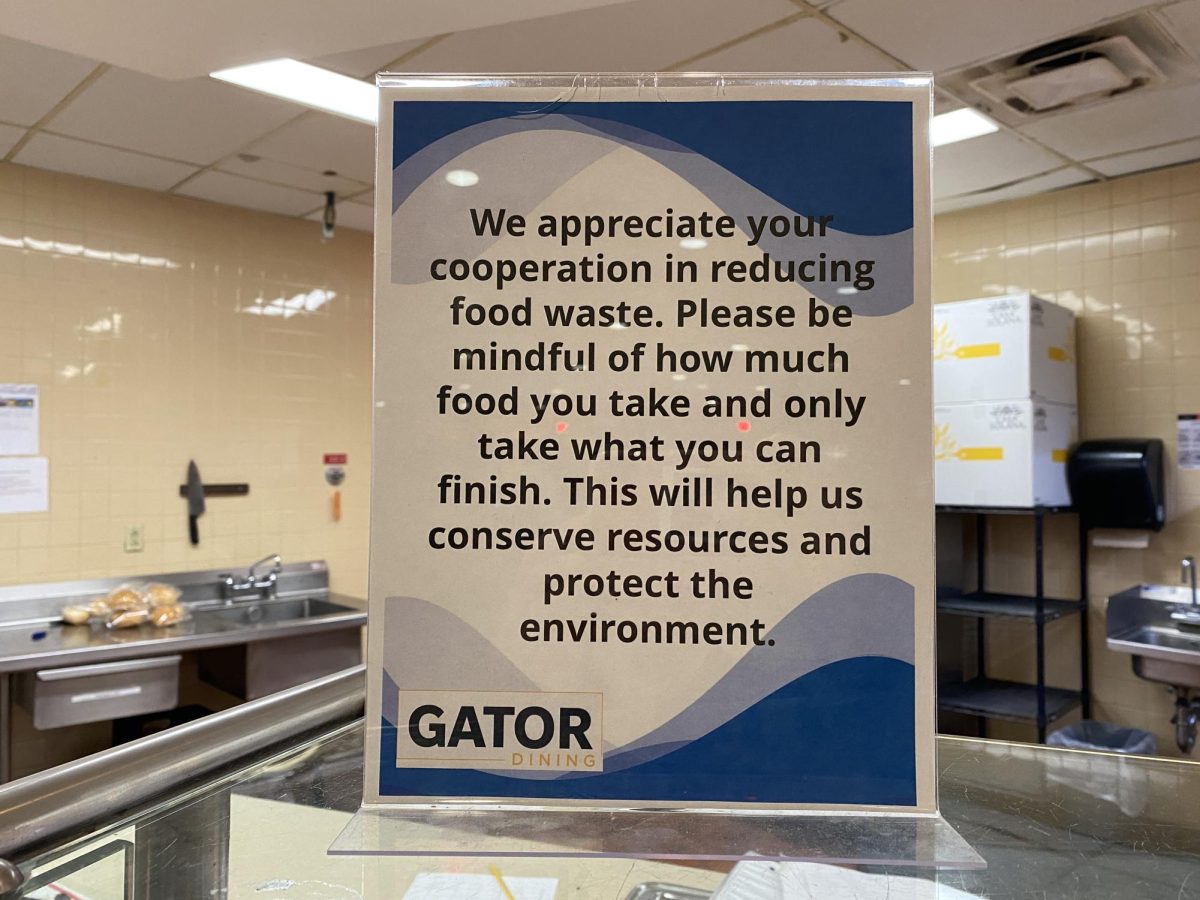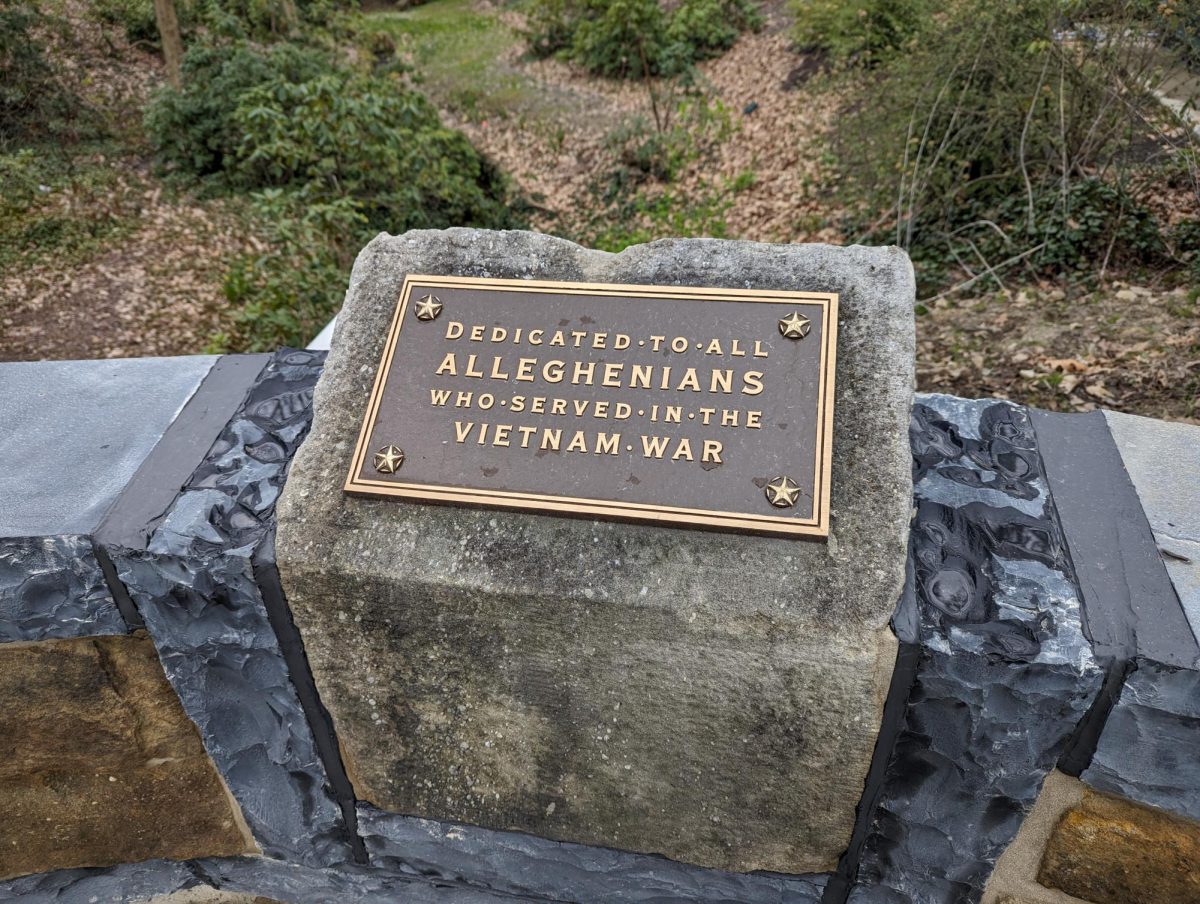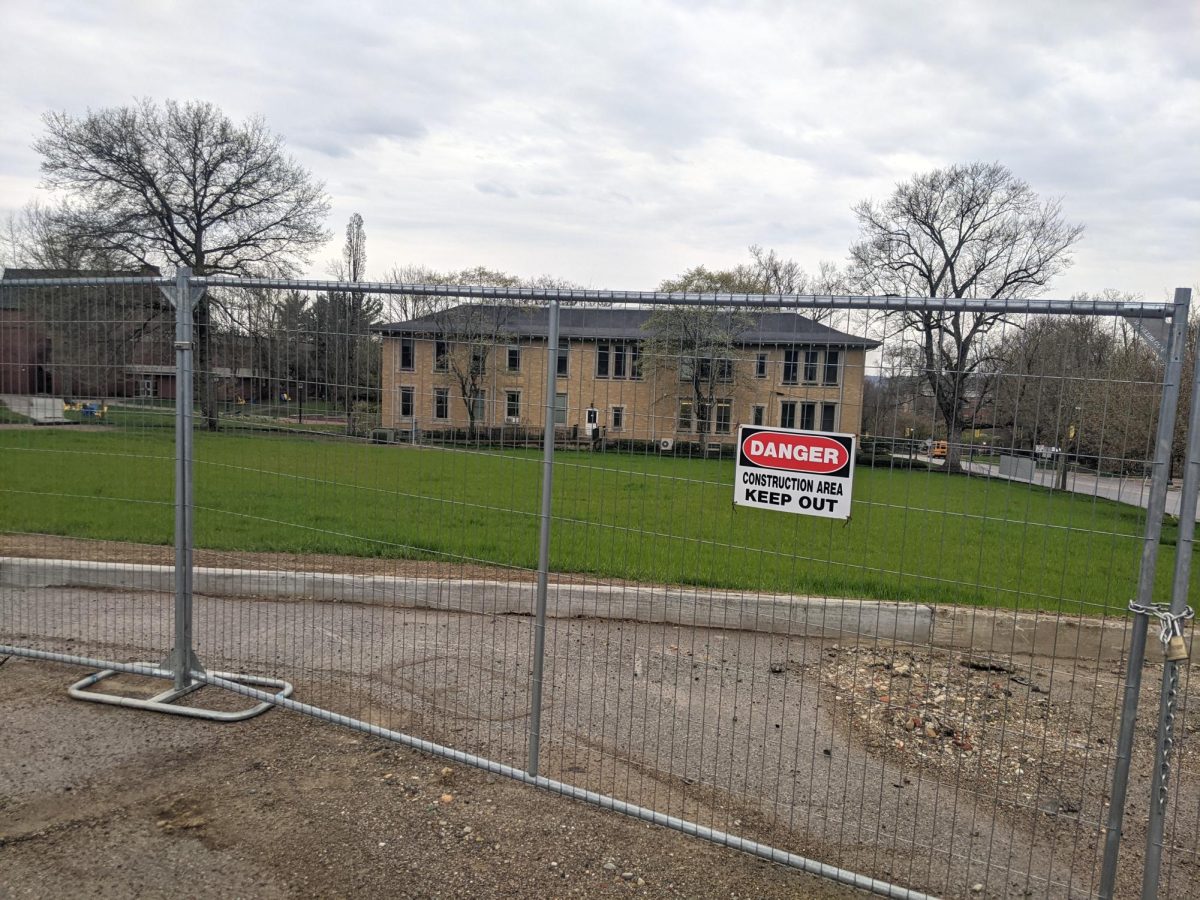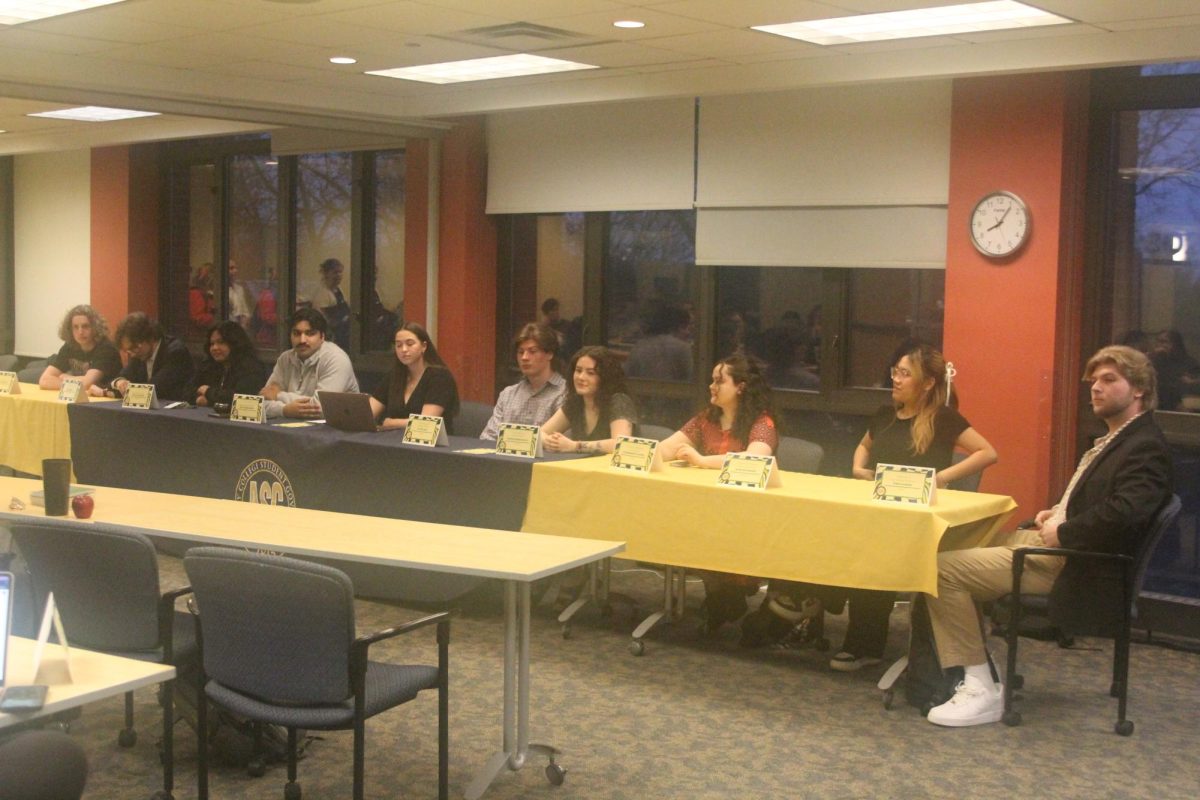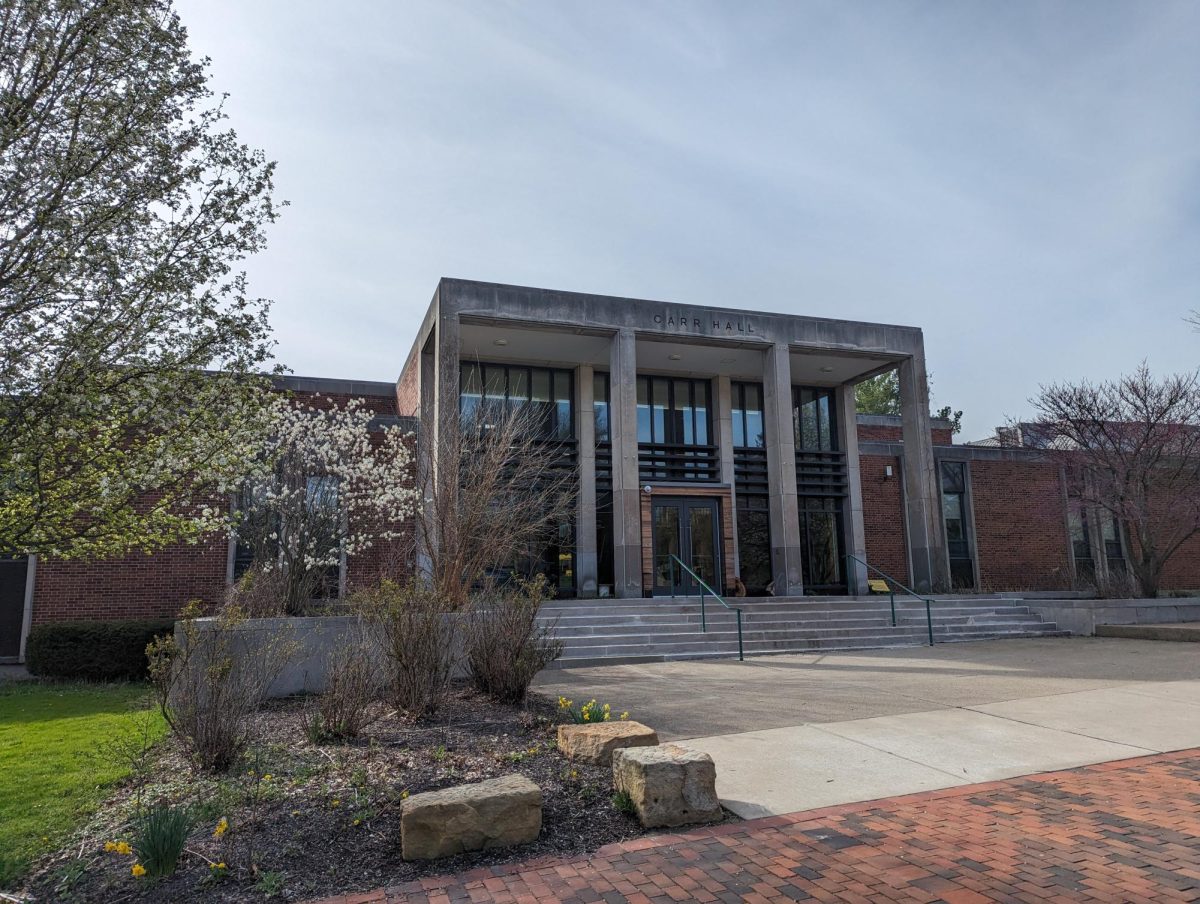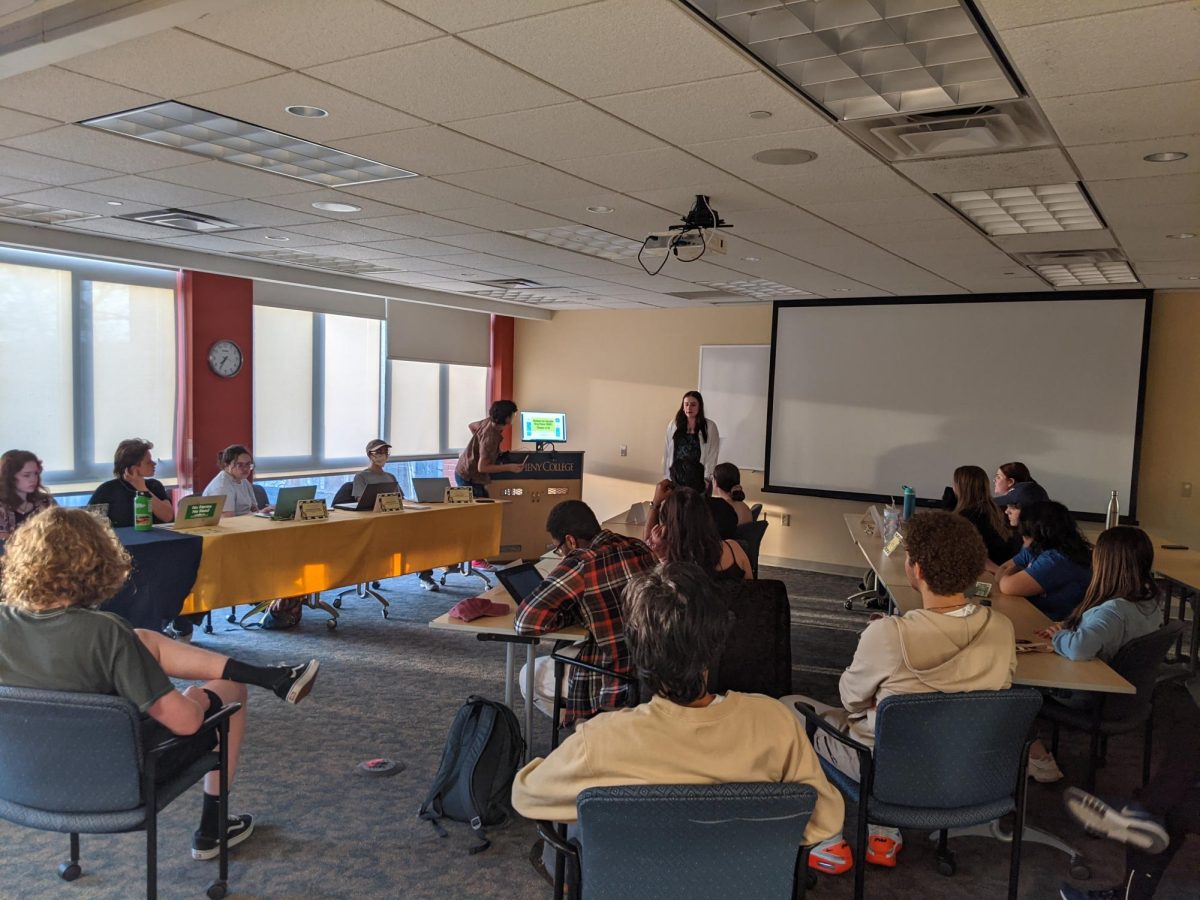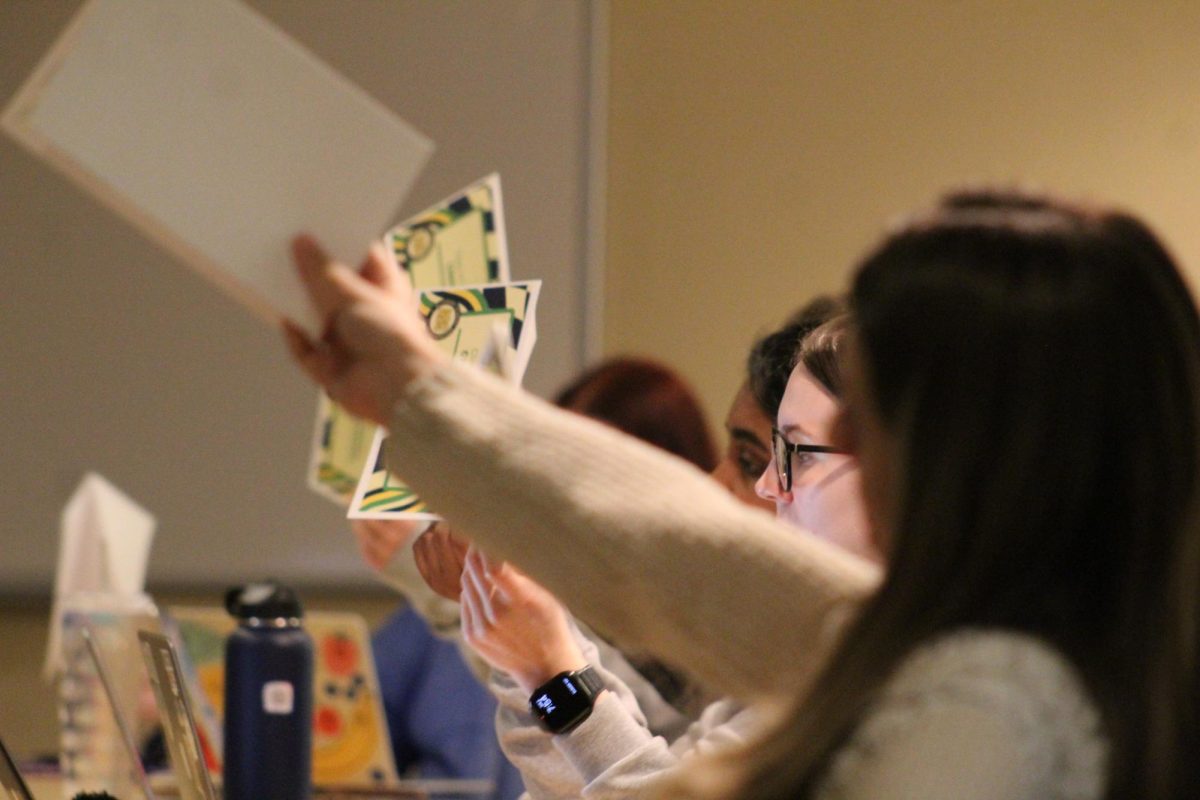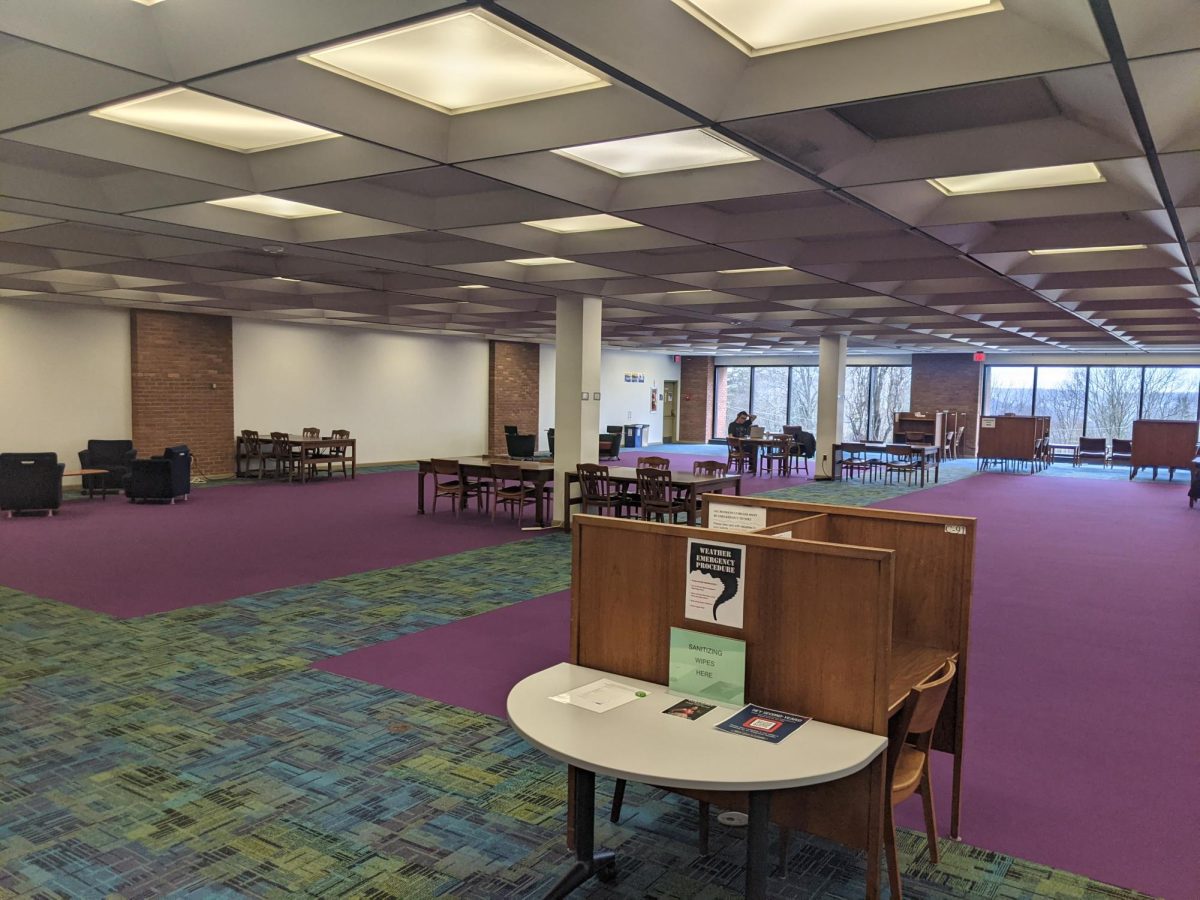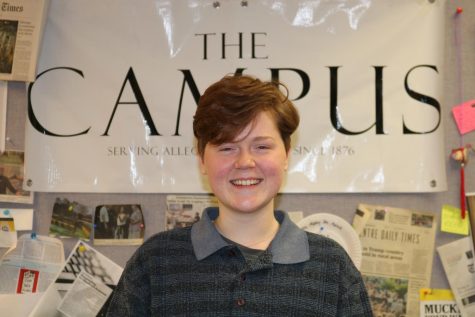Changes to student meal plans beginning for the fall 2023 semester not only changed McKinley’s Food Court to a meal swipe system, but also aimed to aid the issue of food insecurity that some students face. However, with the new changes to meal plans allowing for students to take more food from dining halls during the week, it also opens up questions concerning food waste.
Now, students can choose either 21 meal swipes per week and $300 in Express Cash, formerly known as Munch Money, in the “Gator Gold” plan or 15 meal swipes per week and $300 Express Cash in the “Gator Blue” plan. More meal swipes and Express Cash to use means more food being taken by students, which increases the opportunity for irresponsible consumption.
Aramark General Manager John Beers works to ensure that high-quality, safe and nutritious food can be found on campus at McKinley’s and Brooks Dining Hall, as well as specific meal options for students with dietary restrictions.
Aramark only tracks food usage and not food consumption or waste, according to Beers. Though Aramark does not track what students physically throw away, there are other ways to track the amount of food leaving dining halls.
“What I have seen is an increase in compostable paper usage in McKinleys,” Beers said. “So, that tells me that more food is going out — it may be being consumed, but I don’t have a way to know that because students take food to their room. But, as a result of the new plan, that’s the reason for the paper going up.”
To date, a concrete way to measure the amount of physical food being thrown away at Brooks or at McKinley’s has not been developed.
“I believe the college may weigh it at some point,” Beers said, referring to the amount of food that is disposed of. “Then, they will give us feedback on how many pounds of waste and have a better idea.”
Beers trusts students are being responsible with their food usage.
“I feel like the students have adjusted and seem to be only taking what they need,” Beers said. “So, in the beginning — yes, they were hitting it really hard and pretty heavy. But, now, it seems like it’s scaled back and pretty normal consumption.”
Beers also agrees that the changes to meal plans have had a significant impact in tackling food insecurity on campus.
“I 100% believe that that’s resulted in reduced food insecurity,” Beers said. “I do see students take some food with them when leaving.”
For example, since students are able to not only eat while at the dining halls but can also take food elsewhere, it is seen as an extra meal for students without using additional meal swipes. This makes it so students can conserve meal swipes while getting the most out of the meal plan.
Food Recovery Network President London Dejarnette, ’24, also works with Allegheny College to mitigate food waste and food insecurity on campus. Their work includes visiting dining halls, speaking with Aramark partners to find out what foods can be salvaged at the end of the day and packing foods to be taken to community organizations in Meadville.
“There’s constantly something going on.” Dejarnette said. “Every day I’m probably investing anywhere from 2 to 7 hours of work.”
The Food Recovery Network also recently opened the new Food Recovery Center on the third floor of the campus center near in the alcove by rooms 301 and 302. This area aims to fight food insecurity and food waste and features various foods for students to take at any point throughout the day.
“My comp (comprehensive project) right now is evaluating how centralized food resources, particularly modeled like that, are beneficial for supporting low income student retention,” Dejarnette said.
Dejarnette said it is important to have student feedback so they know how the Food Recovery Center is helping students.
“My collection of that data is pretty much primarily oriented in survey-based data intake,” Dejarnette said. Eventually, there will be signs around campus and on My Allegheny that have access to a survey that allows students to identify what impacts having these resources has made on them.”
In terms of food waste, Dejarnette also hopes both students and campus administration could lend a hand in helping in reducing the problem.
“I wanna make it clear that I’m not like, ‘Students should be doing more’, but — first of all, I don’t think a lot of students know that we compost on campus,” Dejarnette said. “If we’re talking about food waste, that’s a major approach that can be taken.”
The food waste from dining halls are taken to an industrial composter in the Allegheny sports fields. Since there are individual recycling and compost bins in McKinley’s, students have the opportunity to do their part to reduce food waste by composting. The Food Recovery Network can also train students in food recovery themselves. Interested students can email the Food Recovery Network to see how they can get involved.
Still, DeJarnette believes more could be done on the part of institutional decisions on campus.
“If it were based more on student input, we’d have a better idea of what students want,” Dejarnette said. “If I was in Aramark for a day, I would be sitting down with students and listening to them all the time. At the end of the day, food is incredibly powerful and that goes beyond the traditional output.”



